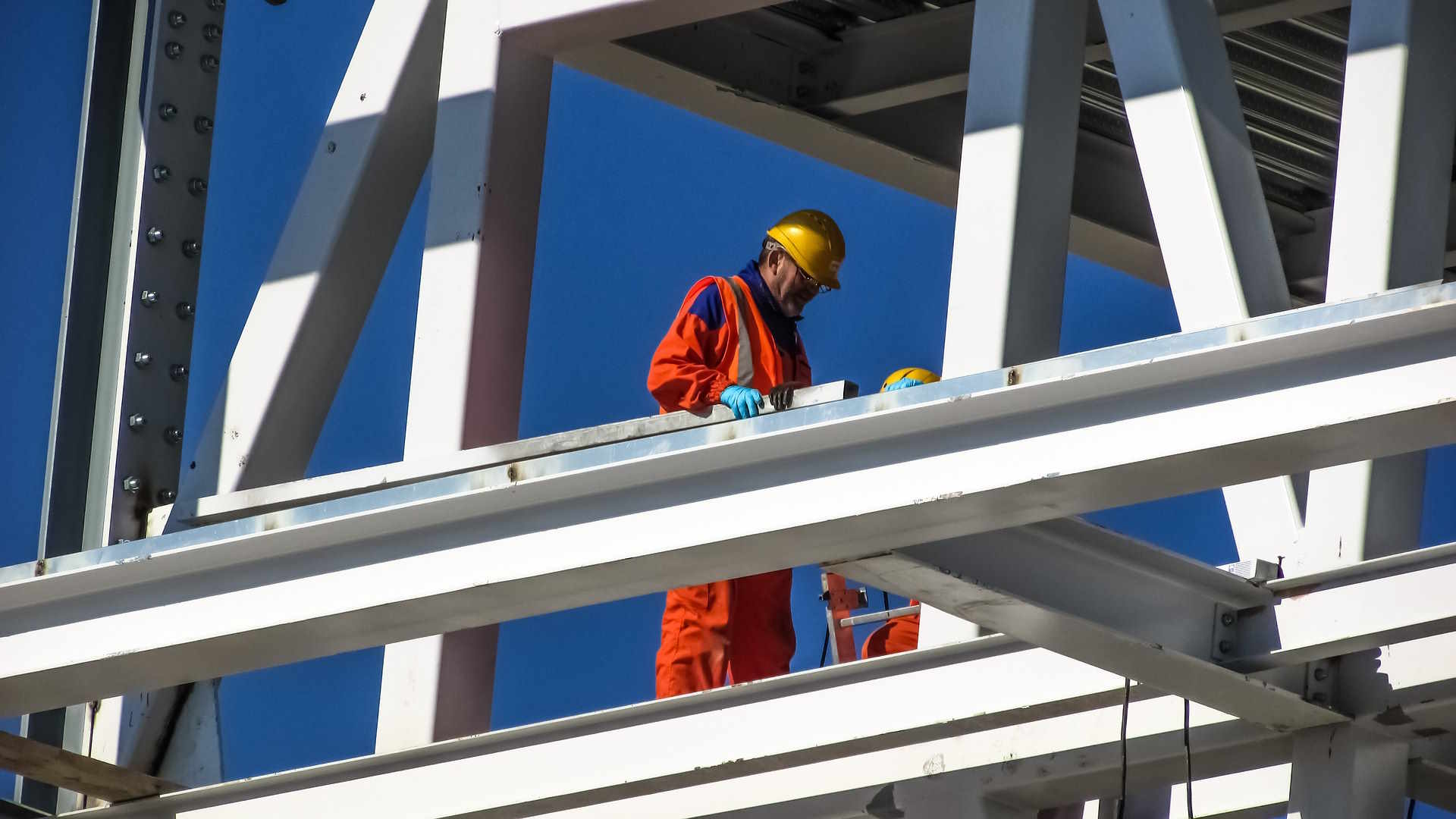Construction Services in the UK: Types, Classifications, and Key Considerations
Construction services in the UK cover residential, commercial, industrial, and infrastructure projects. Each type presents unique challenges, with further classifications by sector, ownership, or safety standards shaping how projects are delivered. These services also include planning, design, project management, and compliance with environmental regulations, ensuring that buildings and facilities are safe, sustainable, and aligned with modern efficiency standards.

Understanding the Main Types of Construction
Construction services in the UK are typically divided into three primary categories: residential, commercial, and industrial construction. Residential construction encompasses everything from single-family homes and apartment complexes to social housing developments and luxury estates. This sector focuses on creating living spaces that meet modern building standards while addressing the UK’s ongoing housing shortage.
Commercial construction involves the development of business-oriented structures such as office buildings, retail centres, hotels, and educational facilities. These projects often require specialised knowledge of commercial building codes, accessibility requirements, and specific industry standards. Industrial construction, meanwhile, covers manufacturing facilities, warehouses, power plants, and other infrastructure projects that support the UK’s industrial base.
Civil engineering projects form another crucial category, including roads, bridges, tunnels, and water treatment facilities. These large-scale infrastructure projects typically involve government contracts and require extensive coordination with local authorities and regulatory bodies.
Classifying Construction Beyond the Main Categories
Beyond the primary construction types, services can be further classified by their scope and complexity. New construction involves building structures from the ground up, while renovation and refurbishment projects focus on updating or modifying existing buildings. Extension work adds new sections to existing structures, requiring careful integration with original designs and building systems.
Specialist construction services include heritage restoration, which demands specific expertise in traditional building methods and materials to preserve historical structures. Green building and sustainable construction services have gained prominence as environmental concerns drive demand for energy-efficient and environmentally responsible building practices.
The complexity of projects also determines service classification, ranging from simple domestic alterations to complex multi-phase developments requiring coordination between multiple contractors, architects, engineers, and regulatory bodies. Design-build services offer integrated solutions where a single contractor handles both design and construction phases, while traditional procurement separates these functions.
Challenges and Requirements in Construction Projects
Construction projects in the UK face numerous challenges that require careful management and expertise. Regulatory compliance represents a significant consideration, with projects needing to meet building regulations, planning permissions, health and safety requirements, and environmental standards. The Building Safety Act 2022 has introduced additional requirements for certain types of buildings, particularly high-rise residential structures.
Weather conditions present ongoing challenges, with the UK’s variable climate affecting construction schedules and methods. Projects must account for potential delays due to adverse weather and incorporate appropriate protection measures for materials and ongoing work.
Skills shortages across various construction trades have created challenges in project delivery, leading to increased competition for qualified professionals and potential delays in project completion. Supply chain disruptions and material cost fluctuations also require careful project management and contingency planning.
Health and safety requirements are particularly stringent in the UK construction industry, with comprehensive regulations governing site safety, worker protection, and public safety around construction sites. Contractors must demonstrate compliance with CDM (Construction Design and Management) regulations and maintain appropriate insurance coverage.
Building for the Future in the UK
The UK construction industry is evolving to meet future challenges and opportunities, with sustainability becoming a central consideration in project planning and execution. Modern construction services increasingly incorporate energy-efficient technologies, sustainable materials, and renewable energy systems to meet government targets for carbon reduction and energy efficiency.
Digital technologies are transforming construction services, with Building Information Modelling (BIM) becoming standard practice for many projects. These technologies improve project coordination, reduce errors, and enable more efficient construction processes. Offsite construction and modular building techniques are gaining traction as methods to improve quality control and reduce construction timeframes.
The government’s commitment to addressing the housing crisis has created opportunities for innovative construction approaches, including modern methods of construction (MMC) that can deliver high-quality homes more efficiently than traditional building methods. Infrastructure investment programmes continue to drive demand for large-scale construction services, particularly in transport, energy, and digital infrastructure sectors.
When considering construction services in the UK, it’s essential to understand the cost implications across different project types. Residential construction costs typically range from £1,200 to £3,000 per square metre for new builds, depending on specification and location. Commercial projects generally cost between £1,500 to £4,000 per square metre, while industrial construction may range from £800 to £2,500 per square metre.
| Construction Type | Cost Range (per m²) | Typical Timeline | Key Considerations |
|---|---|---|---|
| Residential New Build | £1,200 - £3,000 | 6-12 months | Planning permission, building regulations |
| Commercial Office | £1,800 - £4,000 | 12-24 months | Accessibility compliance, fire safety |
| Industrial Warehouse | £800 - £1,500 | 8-15 months | Loading requirements, utilities |
| Heritage Restoration | £2,500 - £6,000 | Variable | Listed building consent, specialist materials |
Prices, rates, or cost estimates mentioned in this article are based on the latest available information but may change over time. Independent research is advised before making financial decisions.
The construction industry continues to play a crucial role in the UK’s economic development and infrastructure needs. Whether planning a residential extension, commercial development, or large-scale infrastructure project, understanding the various types of construction services, their classifications, and key considerations ensures better project outcomes. Success in construction projects depends on selecting appropriate services, ensuring regulatory compliance, and working with qualified professionals who understand the complexities of modern construction requirements in the UK market.




